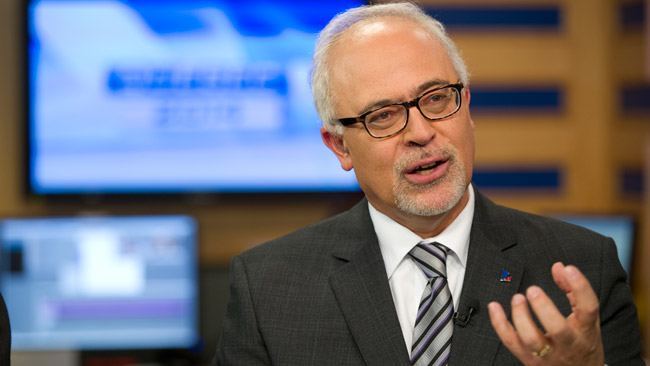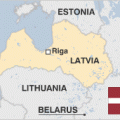
Quebec Lawmakers Push for ISP Blocking Mandate for Unauthorized Online Gambling Sites

Quebec Finance Minister Carlos Leitao is strengthening his province’s stronghold on the Internet gambling market by requiring ISPs to bar unauthorized gambling websites. (Image: Photo Archives/QMI Agency)
Quebec Finance Minister Carlos Leitao in Canada is calling on the province’s National Assembly to enact his proposed legislation that would force Internet service providers (ISP) into blocking customers from accessing unauthorized gambling websites.
The Consumer Protection Act, first announced in March, would penalize ISPs failing to comply with fines of CA$100,000 ($75,000) for first offenses and $150,000 for subsequent violations.
It’s all part of a concerted effort to strengthen Espacejeux, Quebec’s legal and regulated gambling hub on the web. Espacejeux currently offers numerous table games including baccarat, blackjack, roulette, and eight variations of poker.
Home to Amaya and the world’s largest online poker network in PokerStars, the multibillion-dollar gaming company supported the bill back in March.
Amaya Head of Corporate Communications Eric Hollreiser said the company was “happy to see” the government seeking ways to grow iGaming “for the benefit of taxpayers and the protection of consumers.”
Internet Censoring?
Opponents to the Consumer Protection Act claim it’s a blatant attempt to censor Internet use and increase the province’s online gambling monopoly. Challengers also cite the fact that online falls under the federal government’s responsibility, not individual territories and provinces.
“It’s blocking access to otherwise legally available sites,” Canadian Internet policy lawyer Timothy Denton said recently. “A lot of countries try to do it, but we don’t call them liberal democracies.”
Leitao’s office, not surprisingly, disagreed. “We have the jurisdiction to regulate gambling activities and that’s what we’re doing,” the finance minister’s spokesman said.
Government censorship is a contentious issue, with arguments on the topic elevating even more when it comes to dealing with the Internet. Countries such as India, China, and North Korea are notorious for filtering what residents can and cannot access, and none of them are seen as progressive democracies.
In fact, a 2007 study performed by the OpenNet Initiative found that 25 of the 40 countries it investigated blocked websites for political, social, or other reasons.
But in First World countries like Canada and the United States, citizens generally don’t expect to be censored in any capacity. Gambling, of course, unlike say, porn, has proved to be the biggest sticking point in the West, and Americans have obviously learned all about that since April 15, 2011: poker’s infamous Black Friday.
The law is the law, however, and for now Quebec seems likely to move forward in banning access to illegal websites similarly to how residents in states without online gambling can’t access poker networks operating in the three legal US states of Nevada, Delaware, and New Jersey.
Impossible Feat
Besides his suppression objections, Denton also argues blocking websites is an impossible mission for ISPs, which could ultimately end up facing unwarranted fines.
“The important thing for governments to understand is that an architecture of censorship is both complicated to establish, expensive for ISPs to try to maintain, possibly ruinously expensive for them, burdensome to an economy in widespread and unforeseen ways, and futile,” Denton wrote this week on his blog.
Through a virtual private network (VPN), users can effectively trick ISPs into thinking their location is somewhere it actually is not. This, along with changing domain name system (DNS) access points, makes it difficult, if not impossible, for an Internet provider to continually regulate its hundreds of thousands of customers.
“I trust that a storm of opposition will arise,” Denton concluded. “When China or Iran tries to do this sort of thing, we cry foul.”















0 Comments